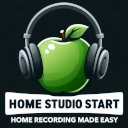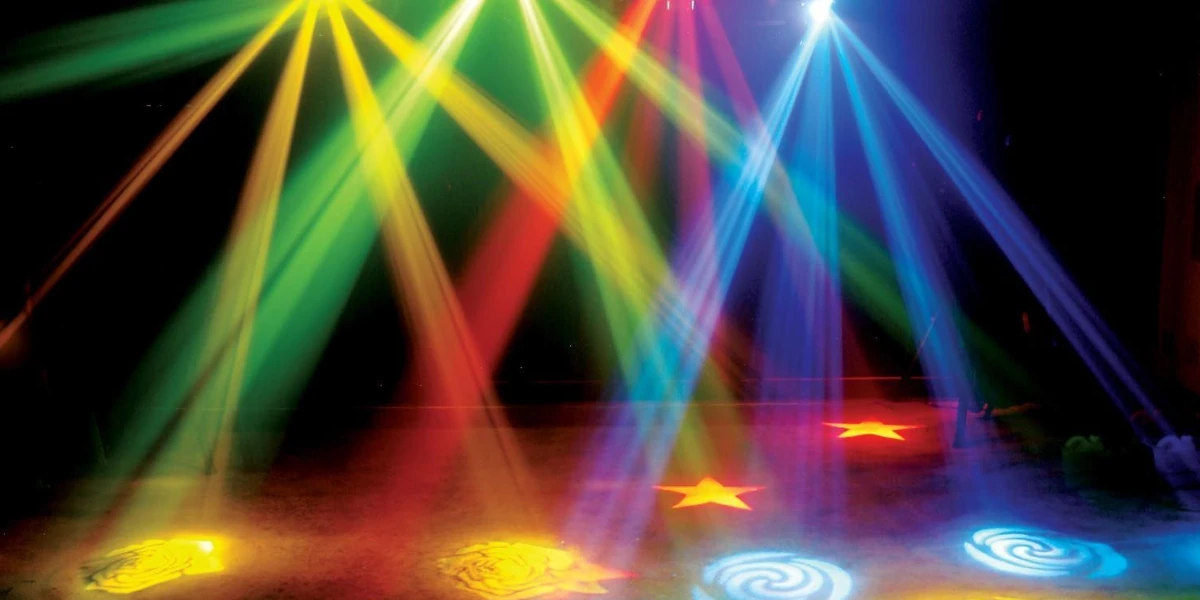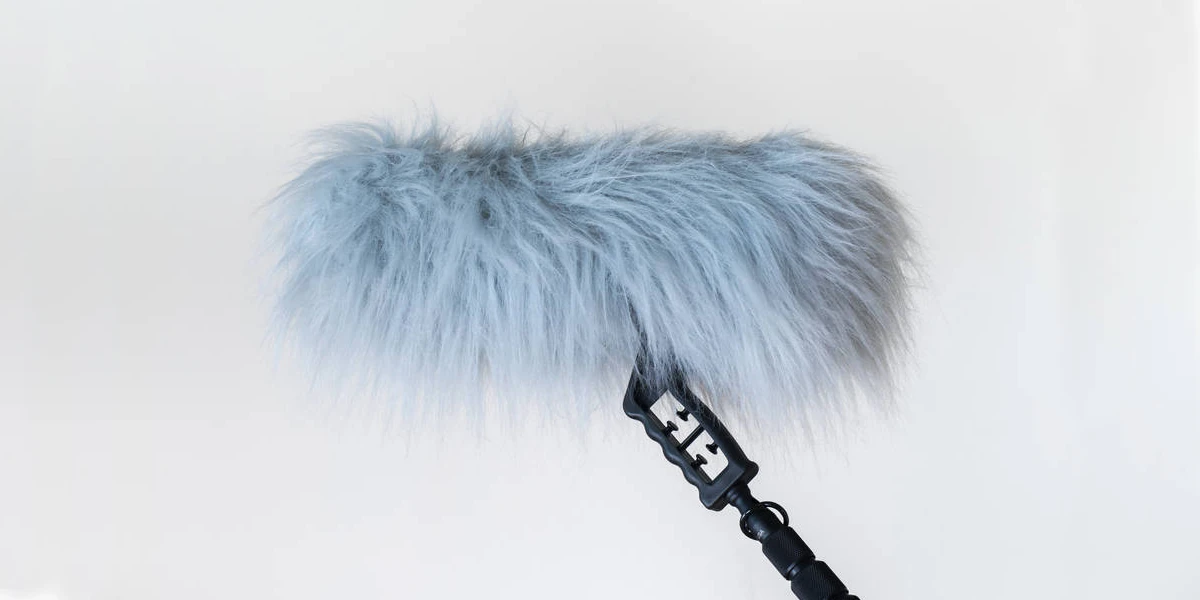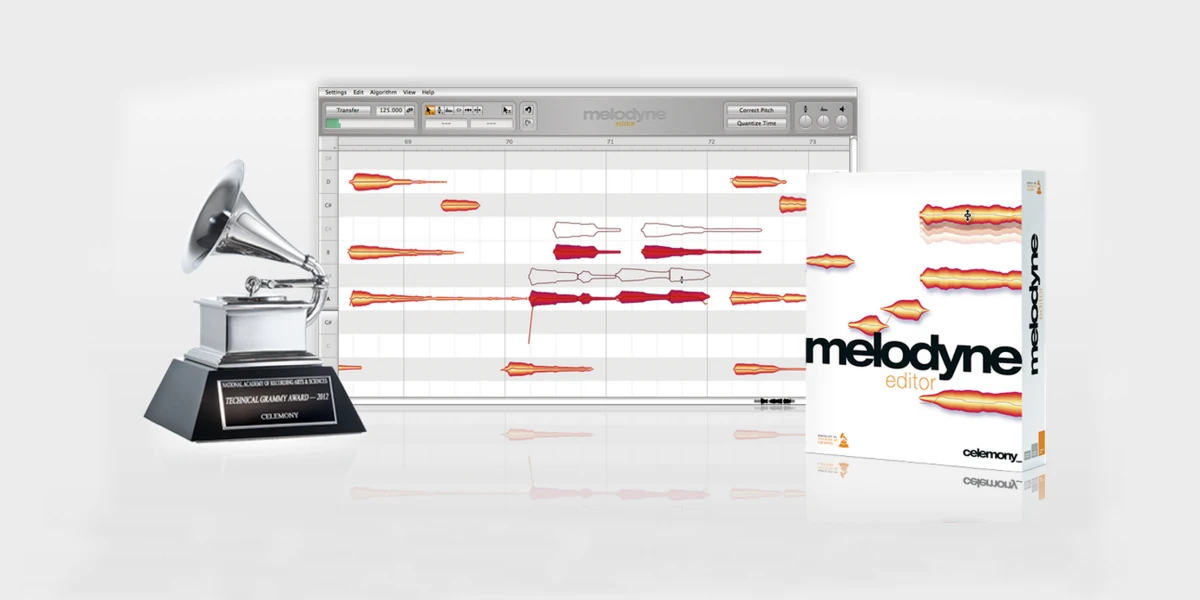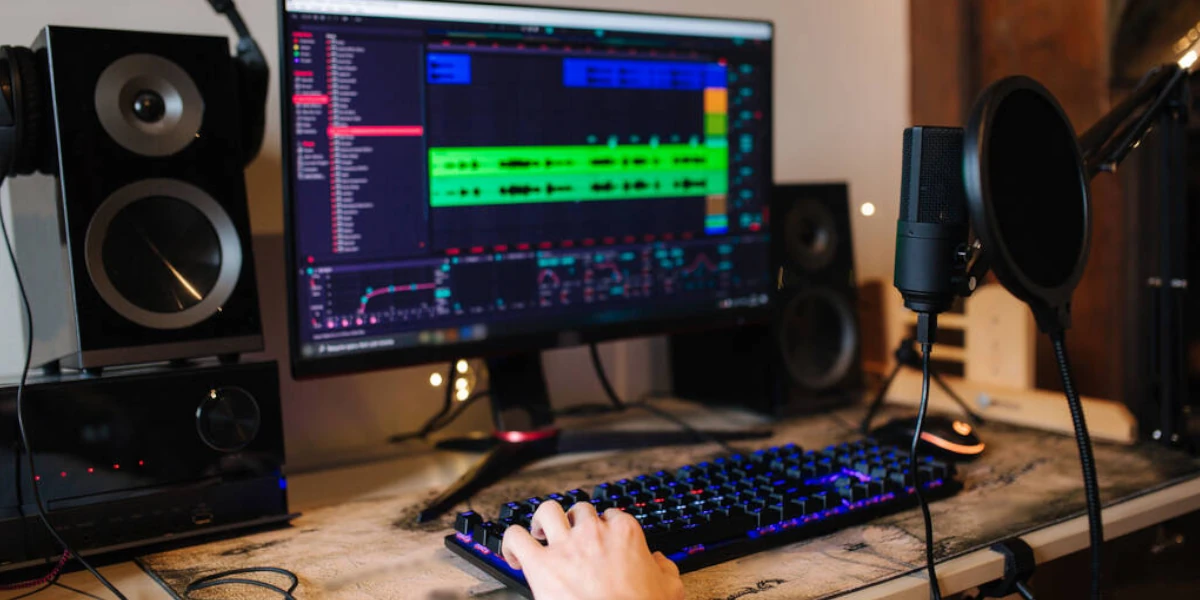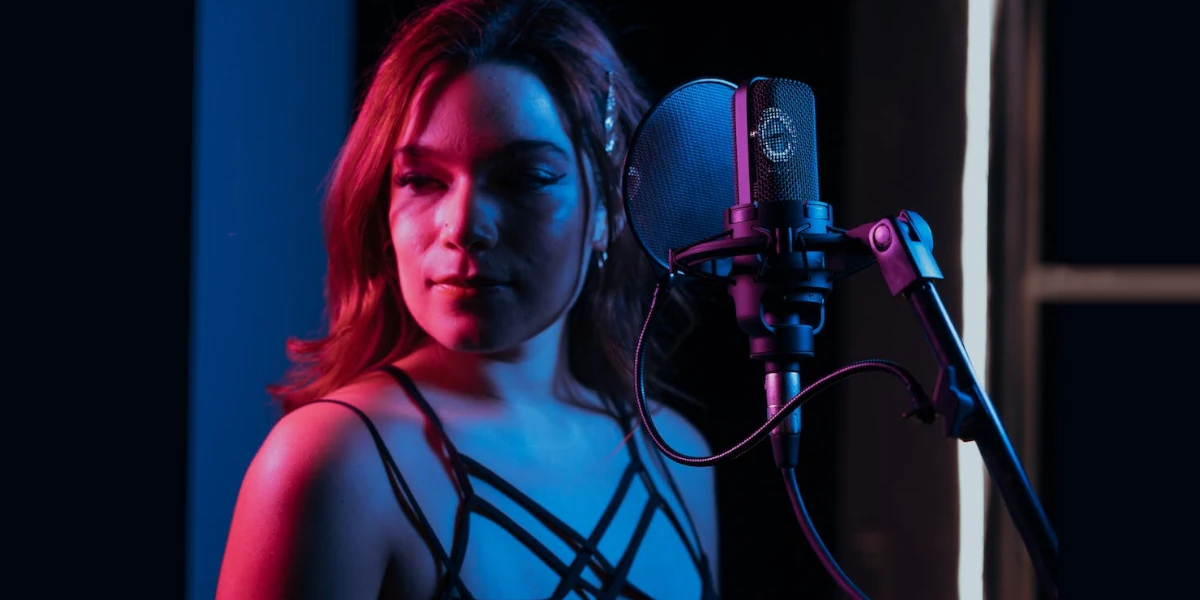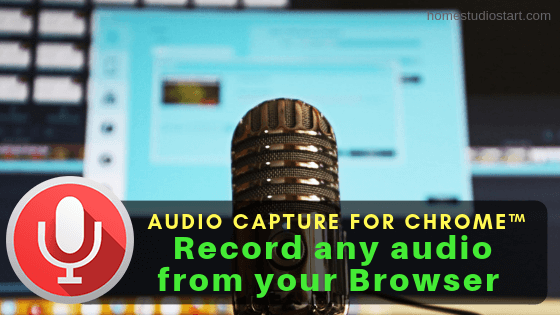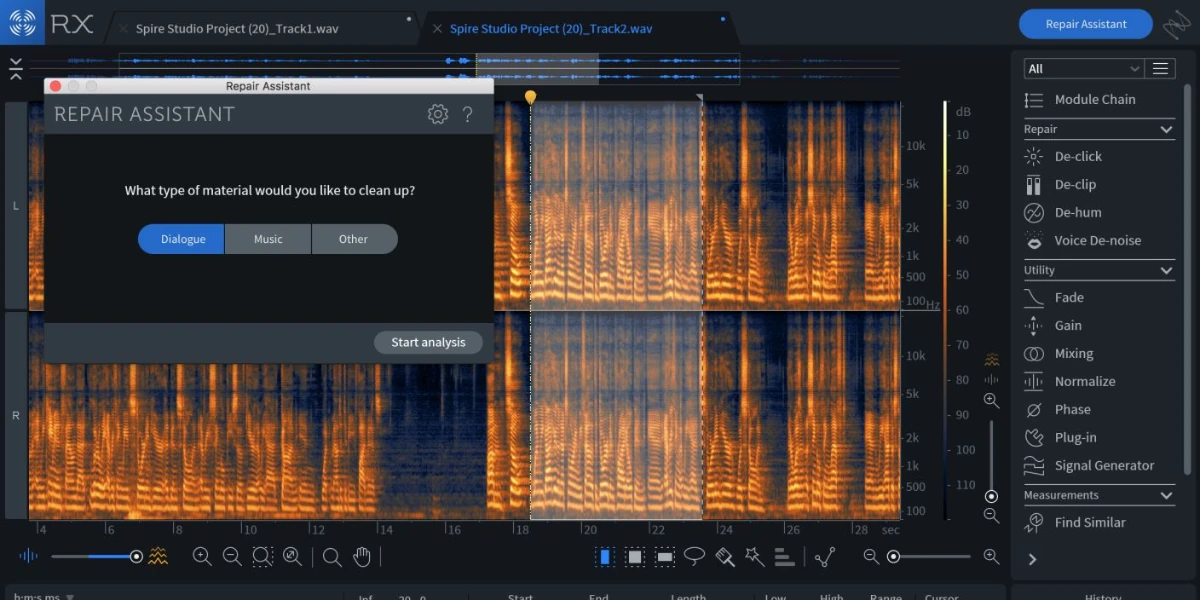Are you a musician or a producer who wants to create your own music at home? Do you want to learn how to mix your tracks like a pro and achieve a professional sound quality? If you answered yes to any of these questions, then this blog post is for you.
In this blog post, I will share with you some tips and tricks on how to master the art of home recording. You will learn how to define your mixing goals, how to choose the right audio equipment for your budget, how to create the optimal mixing environment, how to use effects wisely and creatively, and how to break the rules and experiment with your mix.
By the end of this blog post, you will have a better understanding of the home recording process and how to apply it to your own projects. You will also be able to produce music that sounds great and reflects your own style and personality.
So, are you ready to start your home recording journey? Then let’s dive in!
